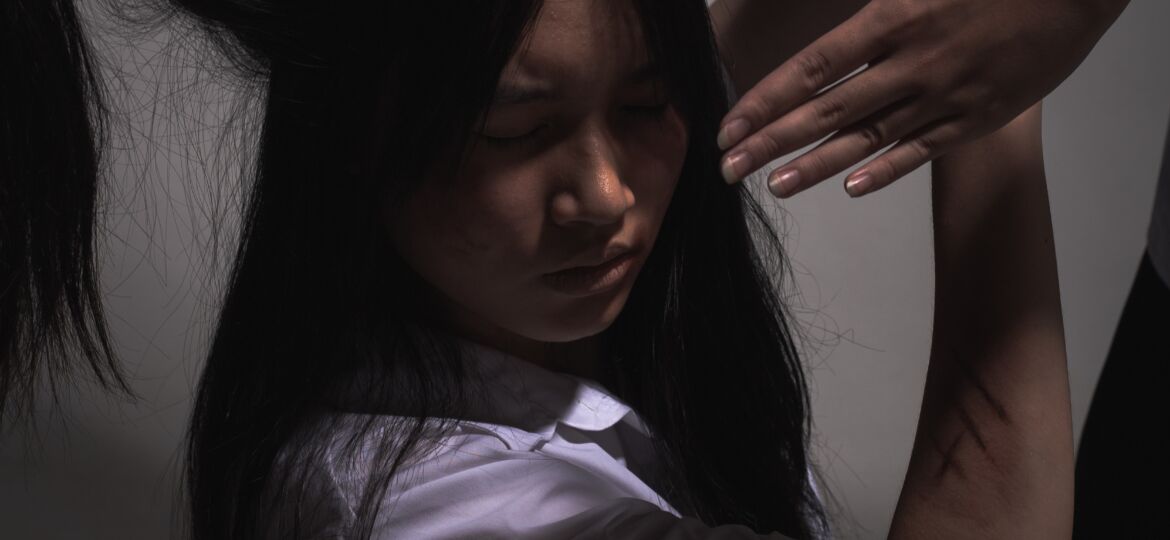
Violence against women and children (VAWC) is a pervasive issue that affects countless individuals worldwide. In the Philippines, the government has taken a significant step towards addressing this problem through the enactment of Republic Act No. 9262, also known as the Anti-Violence Against Women and Their Children Act of 2004. This landmark legislation provides legal protection and remedies for victims of domestic violence. In this blog, we will explore the key provisions of RA 9262 and its significance in safeguarding the rights and well-being of women and children.
What is RA 9262?
RA 9262, also known as the Anti-Violence Against Women and Their Children Act of 2004, is a legislation designed to confront the widespread issue of violence against women and their children (VAWC) perpetrated by their intimate partners. These partners may include husbands, ex-husbands, live-in partners, former live-in partners, boyfriends, ex-boyfriends, girlfriends, ex-girlfriends, dating partners, or former dating partners. The law aims to provide protection, support, and legal remedies for victims of such violence, ensuring their safety and well-being.
Who are the protected individuals under RA 9262?
- RA 9262 extends its protection to:
- Wives;
- Former wives;
- Women with whom the offender has or had a sexual or dating relationship;
- Women with whom the offender has a common child; and
- Children below 18 years of age or those incapable of taking care of themselves.

What are the acts of violence covered by RA 9262?
The law encompasses a wide range of acts of violence against women and their children. These include physical violence, sexual violence, psychological violence, and economic abuse. It explicitly lists actions such as battery, threats of harm, sexual harassment, emotional abuse, deprivation of financial support, and controlling or restricting the movement and conduct of the victim.
Can VAWC be committed by women?
Women can also be liable under the law. These are the lesbian partners/girlfriends or former partners of the victim with whom she has or had a sexual or dating relationship.
What are protection orders?
Protection orders are orders issued under this act for the purpose of preventing further acts of violence against women or her child. These orders include Barangay Protection Orders (BPOs), Temporary Protection Orders (TPOs), and Permanent Protection Orders (PPOs). These orders serve to restrain the offender from committing further acts of violence and may include provisions regarding custody, support, visitation, and residence.
Who may file a complaint?
Any concerned citizen having personal knowledge of the circumstances involving the commission of the crime may file a complaint. The law recognizes that VAWC is a public crime, and the offended party can seek legal redress.
Where should the case for VAWC be filed?
Cases may be filed in the Regional Trial Court designated as FAMILY COURT of the place where the crime was committed. These courts have original and exclusive jurisdiction over these cases.
What are the penalties provided under RA 9262?
Offenders found guilty under RA 9262 may face imprisonment ranging from one month and one day to 20 years, payment of damages, and mandatory psychological counseling or psychiatric treatment.
RA 9262 serves as a vital tool in combating violence against women and their children in the Philippines. By recognizing and addressing the unique vulnerabilities faced by women and children, the law provides a legal framework for protection, prevention, and remedy. It is imperative for society to uphold the principles of RA 9262, create awareness about its provisions, and support victims in their journey towards a life free from violence. Together, we can strive for a society that fosters safety, equality, and dignity for all.


